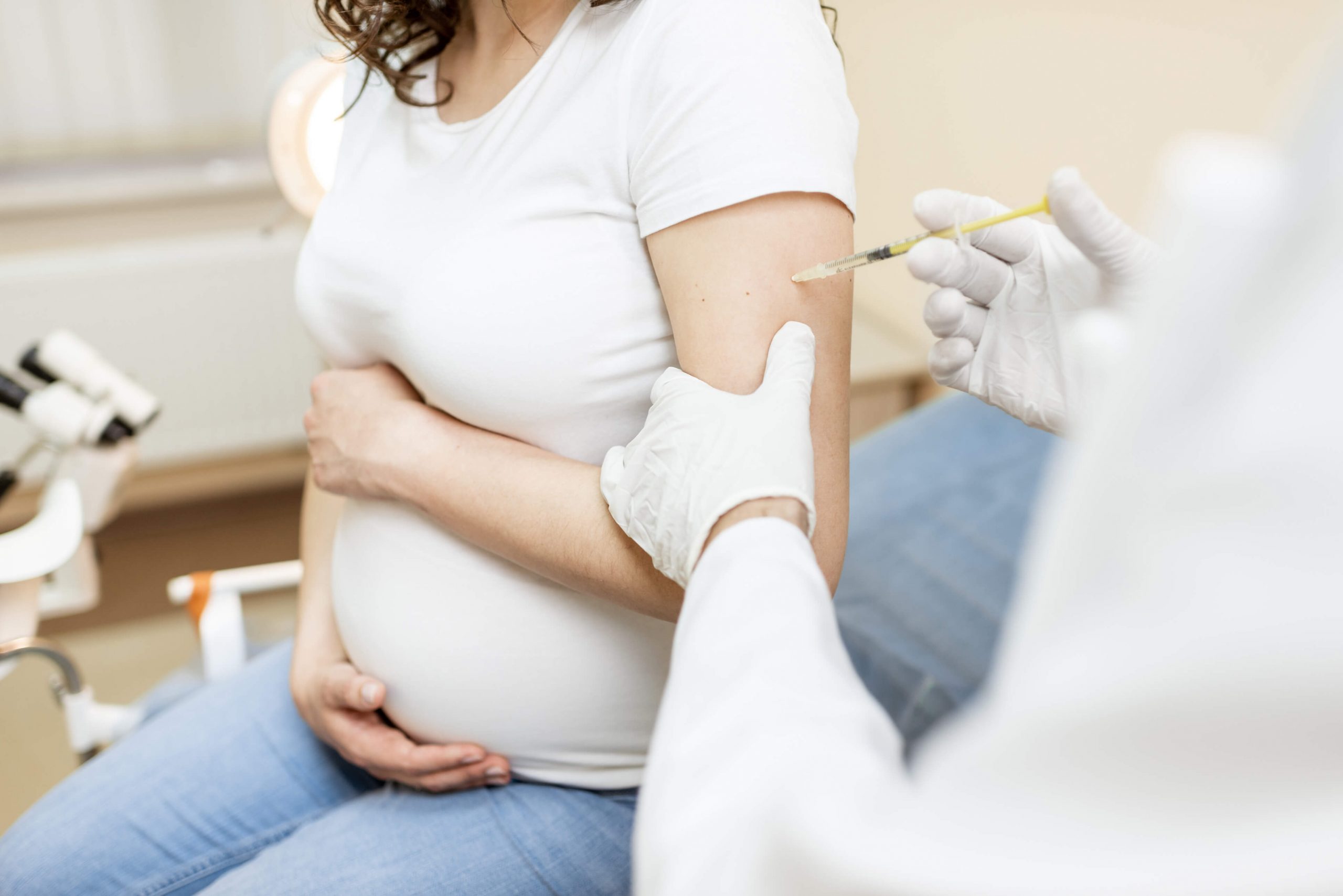Pregnancy Care
Conceiving After A Miscarriage: What You Need To Know

Losing your baby can be devastating. The grief can last for a long time and cause couples to hesitate to try for another baby due to the fear of experiencing another miscarriage.
However, the good news is that most women who experience a miscarriage go on to have healthy babies.
Here are answers to any questions you might have about how soon you can get pregnant after a miscarriage, the risk of experiencing another miscarriage, and other tips to conceive after a miscarriage.
Understanding Miscarriages
Miscarriages can be caused by several factors. These include problems with the uterus and cervix such as polyps and chromosomal disorders.
Some miscarriages take place without the pregnant woman experiencing any symptoms while some pregnant women can experience vaginal bleeding and abdominal pain.
The time you need to recover from a miscarriage can vary depending on the type of miscarriage you experience and whether any medical intervention is required.
Risks of a miscarriage vary between women, and the odds of having a miscarriage start to drop as the pregnancy progresses. The incidence of miscarriage in the 1st trimester is about 30% (this decreases to 10-15% in clinically recognized pregnancies). In the 2nd trimester, the risk of experiencing a miscarriage is less than 1%.
Read on to learn about getting pregnant after a miscarriage.
How Soon Can You Get Pregnant After a Miscarriage?
You can ovulate weeks after you experience a miscarriage. There is no high-quality data to suggest that delaying a subsequent pregnancy decreases the risk of a repeat pregnancy loss. Patients may be advised to abstain from vaginal intercourse for 2 to 3 weeks to reduce the risk of infection.
However, you may want to consult your doctor if there are any issues that you need more time to recover from, such as significant blood loss or infection. Your doctor may also run tests to determine if there are any potential causes of your miscarriage that need to be addressed before you try for another baby.
You may also be grieving the loss of your baby and hence, may not feel emotionally ready to try for another baby. Take the time you need and don’t feel pressured to try again.
Latest Articles
How Are Abdominal Hernias Treated?
What to Expect from Colorectal Surgery
How to Treat Breast Inflammatory Conditions
Gynaecomastia: Understanding Male Breast Cancer
Is There a Risk of Another Miscarriage?
The majority of women who experience a miscarriage have a healthy pregnancy the next time around.
Your risk of having another miscarriage can increase with the number of miscarriages. The risk of having another miscarriage is about 21% after one miscarriage and 29% after two miscarriages.
About 2% of women experience two consecutive miscarriages and 1% experience at least three. If you experience two or more consecutive miscarriages, your doctor may run tests to identify any underlying causes such as immunological, uterine, or genetic causes.
Tips on Getting Pregnant After a Miscarriage
The general tips on how to get pregnant apply even after a miscarriage.
Maintain a healthy weight and manage your stress level. You may want to take up meditation, yoga, exercise, and deep breathing to help you relax. A professional therapist may also be able to help you better process the thoughts that are causing your stress and work through the grief and sadness you may be feeling after a miscarriage.
Get enough exercise: do 150 minutes of moderate intensity physical exercise each week.
Drink lots of water and have a balanced diet. A multivitamin that contains folic acid can help you maintain your nutrition. Avoid drugs, smoking, and alcohol as they can impact your fertility and increase the risk of a miscarriage. Limit your caffeine intake.
You may want to go for a full check-up and fertility screening to identify any health conditions such as high blood pressure or thyroid issues that can make it more difficult for you to conceive.
When to Speak To A Doctor About Getting Pregnant After a Miscarriage
Speak to your doctor to address any potential problems that could have caused your miscarriage. They can also help answer your questions, confirm if you are ready to conceive, and make recommendations for you to increase your chances of conceiving.
Conclusion
While it’s normal to be worried about whether you’ll have another miscarriage, most women go on to have healthy pregnancies. Give yourself enough time to grieve and get the support you need from your partner and your loved ones.
Consult your doctor before you try to conceive again after a miscarriage and it is advisable to get a check-up to determine if you have any existing health conditions that can increase your risk of a miscarriage.
Read this next ...
WHO WE ARE
About SOG Health Pte. Ltd.
Established in 2011, SOG Health Pte. Ltd. (“SOG”) is a leading healthcare service provider dedicated to delivering holistic health and wellness services to the modern family.
With a long and established track record in Singapore providing Obstetrics and Gynaecology (“O&G”) services such as pre-pregnancy counselling, delivery, pregnancy and post-delivery care, the Group has since further expanded its spectrum of healthcare services to include Paediatrics, Dermatology, and Cancer-related General Surgery (Colorectal, Breast & Thyroid).
The Group’s clinics, under its four operating segments of O&G, Paediatrics, Oncology and Dermatology, are strategically located throughout Singapore to provide easy access to its patients.
- Obstetrics
- Gynaecology
- GynaeOncology
- Breast, Thyroid & General Surgery
- Colorectal, Endoscopy & General Surgery
- Dermatology
- Paediatrics
Consult With A Specialist From SOG
Visit one of our specialists today to learn more about your health!
Recommended Specialists
Book An Appointment
Fill up this form and our clinic will get back to you shortly.
For general enquiries, please click here.





